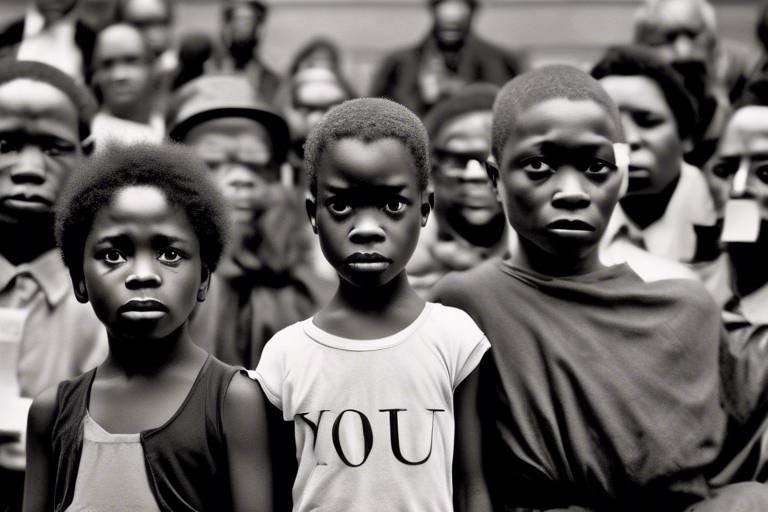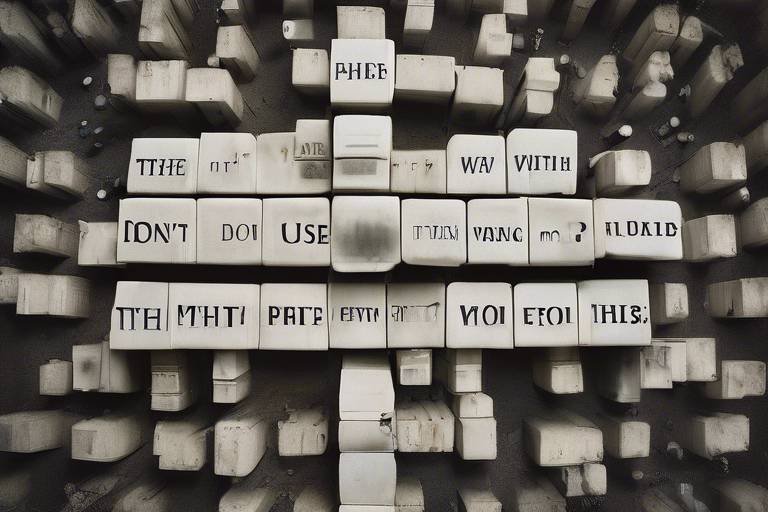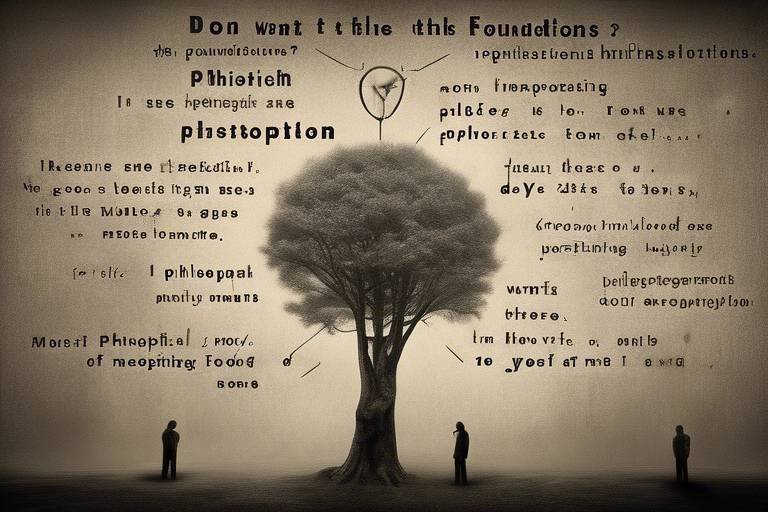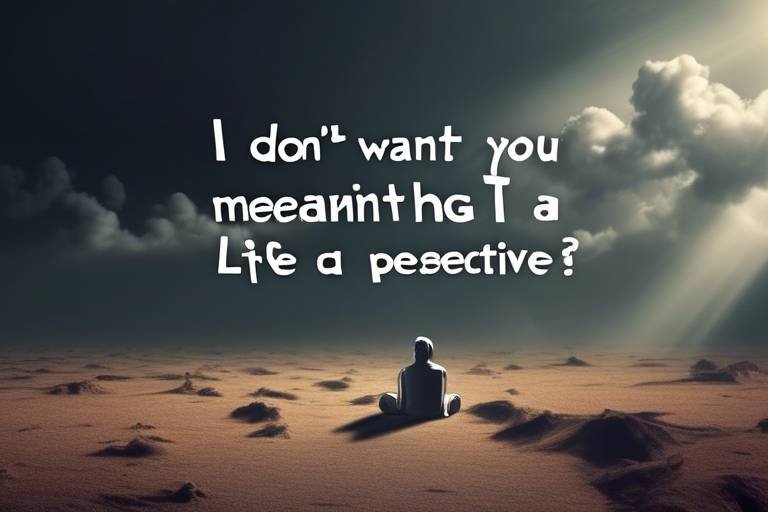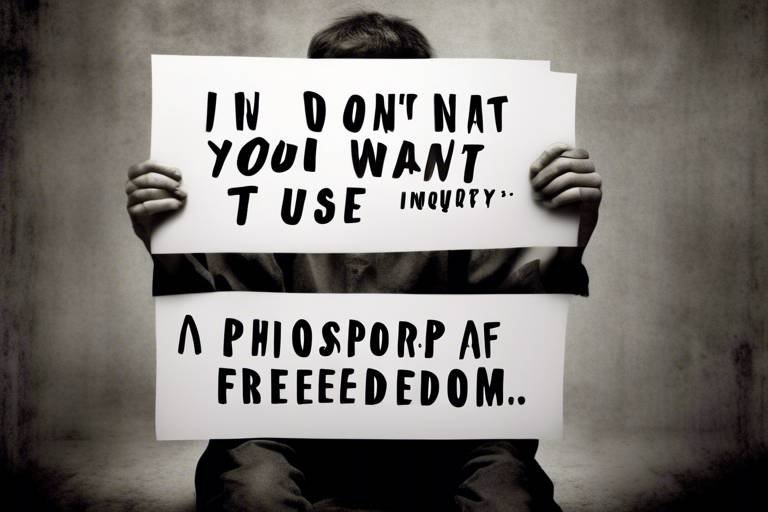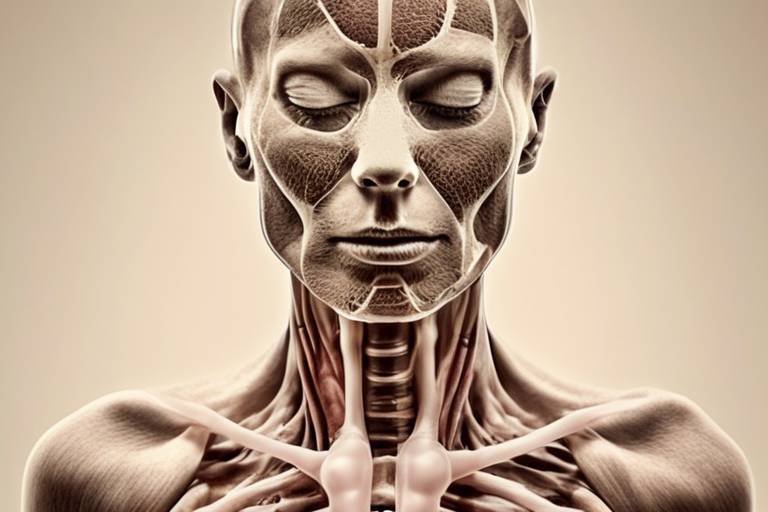Philosophical Concepts Governing Equality and Inequality
When we dive into the ocean of philosophy, we find ourselves navigating complex waters filled with ideas about equality and inequality. These concepts are not just abstract notions; they are the very foundations that shape our societies, influence our laws, and dictate our moral compasses. The philosophical discourse surrounding equality and inequality has evolved through centuries, reflecting the changing dynamics of power, justice, and human rights. But what does it really mean to be equal? And how do we reconcile the glaring inequalities that persist in our world? These questions are at the heart of philosophical inquiry and are essential in understanding the human condition.
At its core, the philosophy of equality posits that all individuals possess inherent worth and should be treated with respect and dignity. This idea has been championed by various thinkers throughout history, from ancient philosophers like Aristotle to modern theorists such as John Rawls. However, the interpretation of what equality entails can vary significantly. For instance, is equality merely the absence of discrimination, or does it require a more substantial redistribution of resources? These debates are critical as they inform policies and social movements aimed at achieving a more just society.
In contrast, the concept of inequality often reveals the darker aspects of human existence. It exposes the disparities that exist not only in wealth but also in opportunities, rights, and social privileges. Philosophers have long grappled with the implications of inequality, questioning whether it is an inevitable aspect of human society or a construct that can be challenged and changed. The tension between equality and inequality raises profound ethical questions about justice, fairness, and the role of the state in rectifying social disparities.
As we explore the philosophical frameworks that govern these concepts, we will encounter various theories that offer different lenses through which to view equality and inequality. From the utilitarian perspective, which emphasizes the greatest happiness for the greatest number, to the Marxist critique of capitalism that highlights class struggles, each theory provides unique insights into the moral and ethical implications of our social structures. The interplay of these ideas not only shapes individual beliefs but also influences collective action and policy-making.
Moreover, the philosophical discourse on equality is not limited to Western thought. Globally, different cultures approach the concepts of equality and inequality through diverse lenses, influenced by historical contexts and societal norms. Understanding these perspectives is crucial in addressing global issues such as poverty, discrimination, and human rights violations. As we delve deeper into these philosophical discussions, we will uncover the intricate tapestry of ideas that inform our understanding of what it means to be equal in a world that often seems divided.
In conclusion, the philosophical concepts governing equality and inequality serve as a crucial framework for understanding the complexities of human society. They challenge us to reflect on our values and the systems that govern our lives. As we continue to grapple with these issues, it is essential to engage in thoughtful dialogue and critical examination of our beliefs and practices, paving the way for a more equitable future.
- What is the main philosophical argument for equality?
Philosophers argue that all individuals possess inherent worth and should be treated equally, promoting justice and fairness in society. - How do different cultures view inequality?
Different cultures have unique historical contexts and societal norms that shape their perceptions of inequality, influencing their approaches to addressing it. - Can inequality ever be justified?
This is a contentious issue; some argue that inequalities can be justified if they lead to overall societal benefits, while others believe that all forms of inequality are inherently unjust. - What role does the state play in promoting equality?
The state can implement policies and laws that promote equality, such as anti-discrimination laws and social welfare programs, to address systemic inequalities.
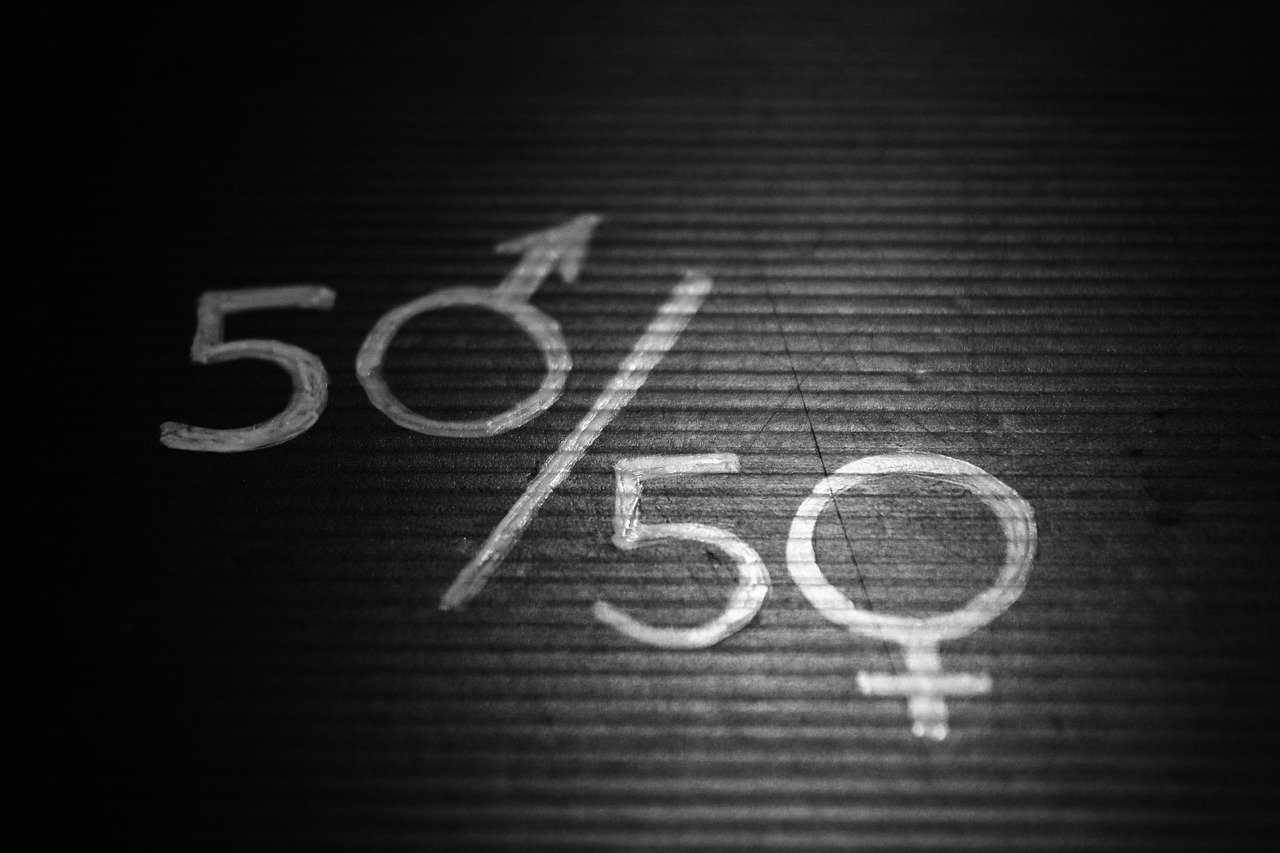
Historical Perspectives on Equality
The journey towards understanding equality has been shaped by a myriad of historical events and philosophical movements. From the ancient civilizations to the modern era, the concept of equality has evolved, reflecting the changing values and beliefs of societies. In ancient Greece, philosophers like Plato and Aristotle laid the groundwork for discussions on justice and the ideal state, albeit often excluding women and slaves from their considerations. Their dialogues sparked debates that would resonate through the ages, questioning who deserves equality and under what circumstances.
Fast forward to the Enlightenment period, where thinkers such as John Locke and Jean-Jacques Rousseau began to advocate for the inherent rights of individuals. Locke's idea of the "social contract" emphasized that all individuals are entitled to life, liberty, and property, laying a philosophical foundation for modern democracy and human rights. Rousseau, on the other hand, challenged the inequalities of his time, arguing that society corrupts the natural goodness of man and that true equality can only be achieved through collective governance.
The American Revolution and the French Revolution were pivotal moments that brought the discourse of equality to the forefront. The Declaration of Independence proclaimed that "all men are created equal," a sentiment that ignited aspirations for freedom and justice. However, the reality was far from this ideal, as slavery and gender inequality persisted. Similarly, the French Revolution's motto of "liberté, égalité, fraternité" highlighted the desire for equality, yet it often excluded women and the lower classes from the benefits of these ideals.
As the 19th century rolled in, the Industrial Revolution exposed the stark inequalities arising from rapid economic changes. The rise of capitalism created a new class of wealthy industrialists while many workers faced harsh conditions. This disparity led to the emergence of social movements and the writings of philosophers like Karl Marx, who critiqued capitalism and its inherent inequalities. Marx argued that the struggle between the bourgeoisie and the proletariat was central to understanding social dynamics and that true equality could only be achieved through the overthrow of capitalist structures.
In the 20th century, the fight for equality gained momentum through various civil rights movements across the globe. The Civil Rights Movement in the United States, spearheaded by figures like Martin Luther King Jr., sought to dismantle racial segregation and promote equality for African Americans. Similarly, the feminist movement emerged, advocating for women's rights and highlighting the necessity of gender equality. These movements were not just about legal reforms; they were about changing societal attitudes and perceptions of equality.
Today, the discourse around equality continues to evolve, influenced by global perspectives and contemporary issues. The rise of social media has amplified voices advocating for equality, bringing attention to various forms of inequality, such as racial, gender, and economic disparities. As we look back at the historical perspectives on equality, it becomes clear that the fight for equal rights is ongoing, and understanding our past is crucial in shaping a more equitable future.
- What is the historical significance of the Enlightenment in the context of equality? The Enlightenment introduced ideas about individual rights and the social contract, which laid the groundwork for modern democratic principles and human rights.
- How did the Industrial Revolution impact social equality? The Industrial Revolution created significant economic disparities, leading to the rise of class struggles and movements advocating for workers' rights and social justice.
- What role did civil rights movements play in advancing equality? Civil rights movements challenged systemic inequalities, promoting legal and societal changes to ensure equal rights for marginalized groups.
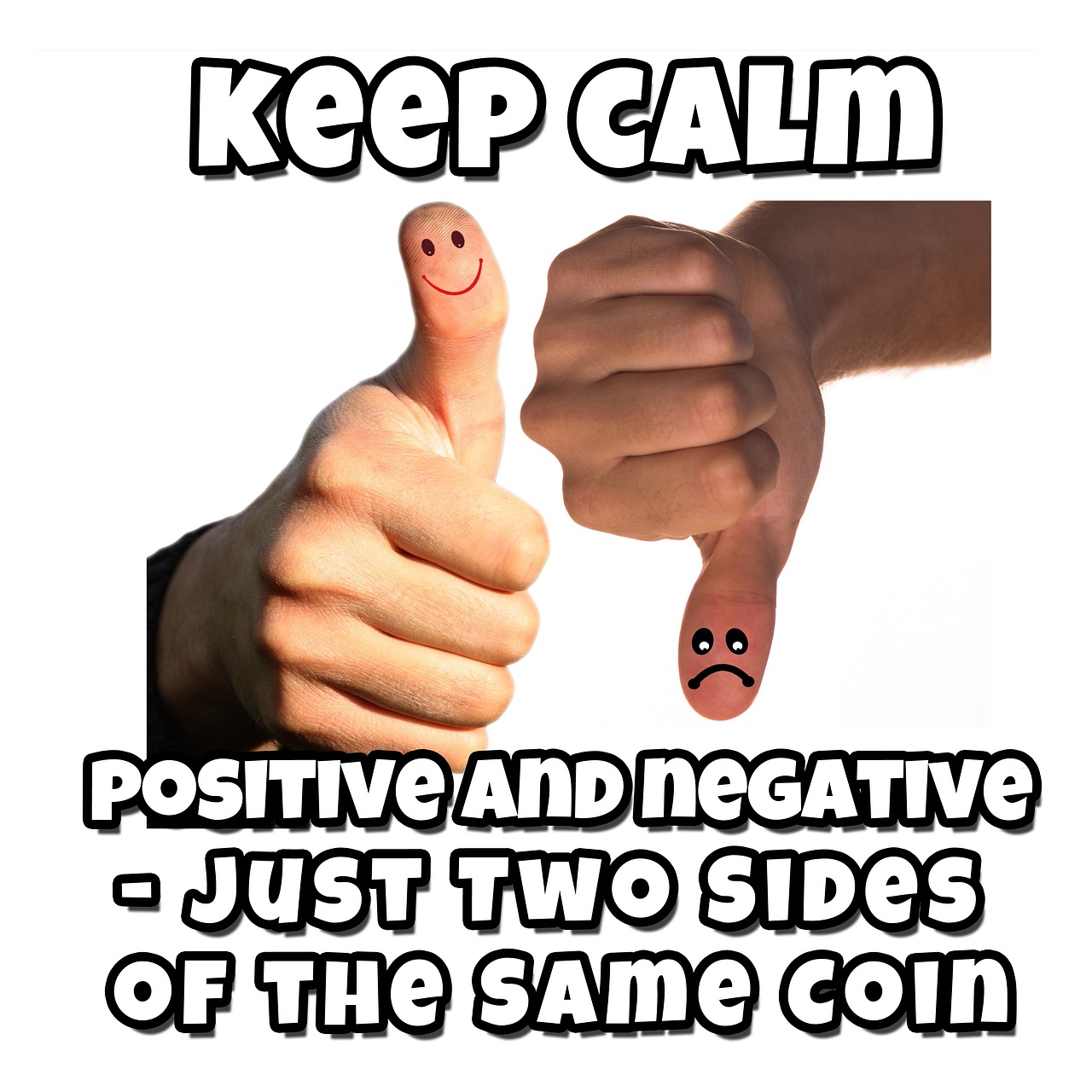
Utilitarianism and Equality
Utilitarianism, a philosophical theory primarily associated with thinkers like Jeremy Bentham and John Stuart Mill, posits that the best action is the one that maximizes overall happiness or utility. This principle raises intriguing questions about equality: can we truly achieve a fair society while prioritizing the greatest good for the greatest number? In essence, utilitarianism challenges us to weigh individual rights against collective benefits, leading to a complex interplay between equality and inequality.
At its core, utilitarianism suggests that actions should be evaluated based on their consequences. When applied to social justice, this means that policies and practices should aim to enhance the well-being of the majority. However, this approach can sometimes lead to troubling outcomes, where the needs of minority groups are overlooked in favor of the majority's happiness. For instance, consider a scenario where a government decides to allocate resources primarily to a large population group, potentially neglecting the needs of smaller, marginalized communities. This raises a critical question: does maximizing happiness justify the sacrifice of a few?
Utilitarianism's implications for equality become even more pronounced when discussing resource distribution. Advocates argue that a utilitarian approach can lead to more equitable outcomes if it focuses on alleviating suffering and addressing disparities. However, critics contend that this perspective can inadvertently legitimize inequality by prioritizing the happiness of the majority over the rights of individuals. For example, if a policy that benefits the majority simultaneously exacerbates the plight of a minority, can it still be considered just?
To navigate these complexities, utilitarianism must be tempered with a strong commitment to human rights and individual dignity. This is where the concept of negative rights comes into play. Negative rights, which protect individuals from interference, ensure that the pursuit of collective happiness does not infringe upon personal freedoms. In this light, utilitarianism can coexist with a framework of equality, provided it respects the intrinsic value of each person.
Moreover, utilitarianism can be complemented by other philosophical approaches to equality. For instance, integrating John Rawls' principles of justice with utilitarian thought can create a more balanced perspective. Rawls emphasizes fairness and the protection of the least advantaged, which can help mitigate the potential pitfalls of a strictly utilitarian approach. By considering both overall happiness and the rights of individuals, we can strive for a society that values both utility and equality.
Ultimately, the relationship between utilitarianism and equality is a nuanced and evolving discourse. As we face modern challenges such as economic disparity and social injustice, it becomes increasingly important to critically assess how utilitarian principles can be applied in a way that genuinely promotes equality. By fostering a dialogue that includes diverse perspectives, we can work towards a more equitable society that considers the happiness of all its members.
- What is utilitarianism? Utilitarianism is a philosophical theory suggesting that the best action is the one that maximizes overall happiness or utility.
- How does utilitarianism relate to equality? Utilitarianism raises questions about the balance between maximizing collective happiness and ensuring individual rights, which can lead to debates about fairness and justice.
- Can utilitarianism support inequality? Yes, it can, especially if the happiness of the majority is prioritized over the rights and needs of minority groups.
- What are negative rights? Negative rights are those that protect individuals from interference, ensuring that personal freedoms are respected even in the pursuit of collective happiness.
- How can utilitarianism be balanced with other philosophies? By integrating principles from other theories, such as John Rawls' focus on fairness, utilitarianism can promote equality while still considering overall happiness.

Rawls' Theory of Justice
John Rawls, a prominent 20th-century philosopher, revolutionized our understanding of justice with his groundbreaking work, "A Theory of Justice." At the heart of Rawls' philosophy lies the idea that a just society is one that ensures fairness and equality for all its members. He proposed a unique thought experiment known as the "original position," where individuals, stripped of their personal biases and knowledge of their social status, would determine the principles of justice that should govern society. This approach encourages a fair and impartial perspective, allowing for a more equitable foundation for societal norms.
One of Rawls' most significant contributions is his "difference principle," which states that social and economic inequalities are permissible only if they benefit the least advantaged members of society. This principle challenges the status quo by asserting that policies and structures should be designed to uplift those who are most vulnerable. Imagine a society where the wealthiest individuals are not just hoarding resources, but instead, their success is directly linked to the welfare of the less fortunate. This creates a system where everyone has a stake in the collective well-being, fostering a sense of community and shared responsibility.
Rawls also introduced the concept of "justice as fairness," suggesting that the principles of justice should be chosen under conditions that ensure equality of opportunity. This means that every individual, regardless of their background, should have access to the same resources and opportunities to succeed. To illustrate this, consider a race where everyone starts at the same starting line, rather than one where some participants begin far ahead due to privilege. This analogy underscores the importance of leveling the playing field, ensuring that merit and effort are the primary determinants of success.
Critics of Rawls argue that his theory may overlook the complexities of real-world inequalities that stem from historical injustices and systemic discrimination. However, Rawls' framework provides a vital starting point for discussions about social justice. It emphasizes the need for policies that prioritize the welfare of the least advantaged, challenging us to rethink our societal structures and the distribution of resources.
In practical terms, Rawls’ theory can be applied to various social policies, including healthcare, education, and economic reforms. For instance, when designing a healthcare system, policymakers could use the difference principle to ensure that the most vulnerable populations receive the care they need, rather than simply catering to the wealthiest. This approach not only promotes equality but also enhances the overall well-being of society.
In summary, John Rawls' Theory of Justice offers a compelling framework for understanding and addressing issues of inequality. By prioritizing fairness and the needs of the least advantaged, Rawls challenges us to create a society where justice is not merely an abstract concept, but a lived reality for everyone. His ideas continue to inspire debates around social justice, prompting us to consider how we can build a more equitable world.
- What is the original position in Rawls' theory? The original position is a hypothetical scenario where individuals, unaware of their social status, determine the principles of justice that should govern society.
- What is the difference principle? The difference principle states that inequalities are acceptable only if they benefit the least advantaged members of society.
- How does Rawls' theory address social justice? Rawls' theory emphasizes fairness and equality, advocating for policies that prioritize the welfare of the least advantaged to create a just society.
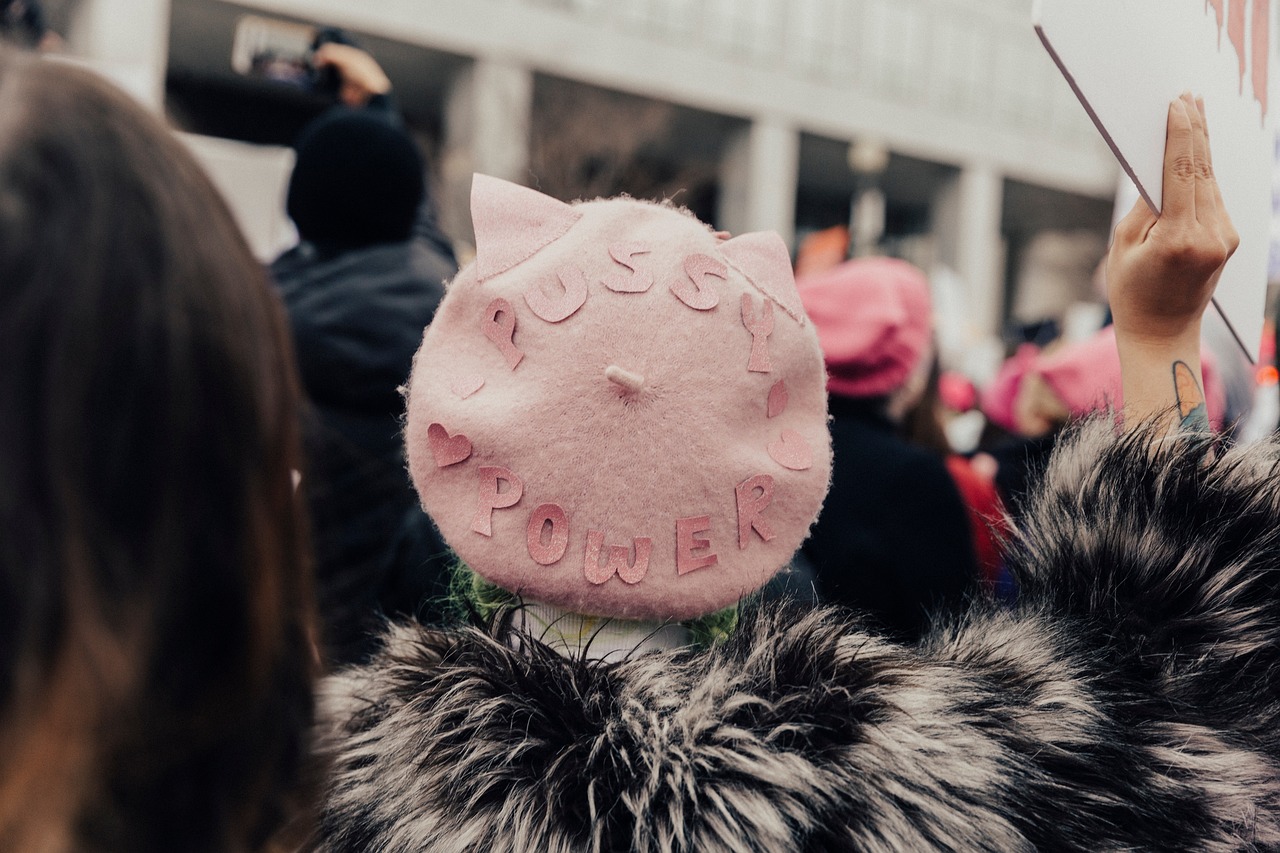
Marxism and Class Inequality
When we dive into the depths of Marxism, we uncover a profound critique of capitalism that resonates through the corridors of history. At its core, Marxism posits that society is fundamentally divided into classes, primarily the bourgeoisie (the owners of production) and the proletariat (the working class). This division creates an inherent conflict of interest, where the bourgeoisie exploits the proletariat for profit, leading to escalating class inequality. Imagine a seesaw: on one end sits the wealthy elite, while on the other, the struggling workers strive to balance their weight. The seesaw is heavily tipped, and this imbalance is what Marx sought to address.
Marx believed that this class struggle is not just a historical accident but a necessary phase in the evolution of society. He argued that as the proletariat becomes increasingly aware of their exploitation, they would rise up, overthrow their oppressors, and establish a classless society. This revolutionary potential is crucial to understanding Marx's vision for a more equitable world. He envisioned a society where the means of production are collectively owned, eliminating the very foundations of inequality.
In practical terms, Marxism critiques the capitalist system by highlighting several key factors that contribute to class inequality:
- Economic Disparity: The wealth generated in capitalist societies is concentrated in the hands of a few, while the majority struggle to meet their basic needs.
- Alienation: Workers are alienated from their labor, as they do not own the products they create, leading to a sense of disconnection and disenfranchisement.
- Exploitation: The capitalist system relies on the exploitation of labor, where workers are paid less than the value they produce, enriching the bourgeoisie at their expense.
Moreover, Marx's analysis of class inequality extends beyond mere economics. He emphasizes the role of ideology in perpetuating inequality. The ruling class often shapes societal norms and values, creating a dominant ideology that legitimizes their position. This can be likened to a magician's trick; while the audience is captivated by the illusion, the reality of exploitation remains hidden. Thus, Marxism calls for a critical examination of the values that underpin our society, urging us to question the status quo.
In contemporary discussions, Marxism continues to provide a lens through which we can analyze the persistent inequalities in our world. From the gig economy to the rise of multinational corporations, the dynamics of class struggle remain relevant. As we witness increasing wealth gaps and social unrest, Marx's insights remind us that the fight for equality is not just a historical relic but an ongoing struggle that demands our attention.
Ultimately, Marxism challenges us to envision a society where class inequality is dismantled. It invites us to consider what a world without class divisions would look like—a world where everyone has access to the resources they need to thrive. This vision is not just a dream; it is a call to action for those who believe in a fairer, more just society.
Q: What is the main idea behind Marxism?
A: Marxism is a socio-economic theory that critiques capitalism and advocates for a classless society where the means of production are collectively owned.
Q: How does Marxism explain class inequality?
A: Marxism explains class inequality through the lens of class struggle between the bourgeoisie and the proletariat, highlighting exploitation, economic disparity, and alienation.
Q: Is Marxism still relevant today?
A: Yes, Marxism remains relevant as it provides insights into contemporary issues such as wealth inequality, labor rights, and the impacts of globalization.

Feminist Theories of Equality
Feminist theories of equality delve deep into the complexities of gender disparities, advocating for a society where individuals, regardless of gender, enjoy equal rights and opportunities. At the heart of feminist philosophy lies the belief that traditional notions of equality often overlook the unique challenges faced by women and marginalized genders. This perspective is not merely about achieving numerical parity but rather about understanding and addressing the systemic barriers that perpetuate inequality.
One of the foundational ideas within feminist theories is the concept of intersectionality. Coined by Kimberlé Crenshaw, this term highlights how different forms of discrimination—such as those based on race, class, sexuality, and gender—interact and compound to create unique experiences of oppression. For instance, a Black woman may face different challenges than a white woman or a Black man, illustrating that the fight for equality must consider these intersecting identities. This nuanced understanding pushes the feminist movement beyond a singular focus on gender, urging advocates to consider the broader social context in which inequalities exist.
Feminist theorists also critique traditional philosophical frameworks that have historically marginalized women's voices. Thinkers like Simone de Beauvoir and Judith Butler have challenged the binary notions of gender, arguing that these simplistic categorizations fail to capture the fluidity of gender identity. De Beauvoir’s seminal work, The Second Sex, emphasizes the idea that women have been historically defined in relation to men, thus perpetuating a cycle of inequality. By redefining gender roles and advocating for the recognition of diverse identities, feminist theories aim to dismantle the patriarchal structures that uphold inequality.
Moreover, feminist theories of equality extend into various domains, including politics, economics, and social justice. For example, the feminist critique of economic systems highlights how capitalism often exploits women's labor, both in the formal and informal sectors. Women are frequently underpaid for their work and are disproportionately represented in low-wage jobs. This economic disparity is not just a matter of income but also of power, as financial independence is crucial for achieving broader societal equality.
In addressing these issues, feminist theorists advocate for policies that promote gender equity in all aspects of life. This includes equal pay for equal work, access to reproductive rights, and representation in political and corporate spheres. By pushing for systemic changes, feminists seek to create an environment where all individuals can thrive, free from the constraints imposed by gender norms. The fight for equality is, therefore, an ongoing struggle that requires constant vigilance and action.
As we look to the future, the dialogue surrounding feminist theories of equality continues to evolve. New challenges, such as the impact of technology on gender relations and the rise of social media activism, have opened up fresh avenues for feminist discourse. These platforms allow for the amplification of marginalized voices, fostering a global conversation about equality that transcends borders. In this digital age, the feminist movement is not just about local issues; it’s a vibrant, interconnected struggle for justice that resonates worldwide.
- What is intersectionality in feminist theory?
Intersectionality is a framework that examines how various forms of discrimination, such as those based on race, gender, and class, intersect and create unique experiences of oppression. - How do feminist theories address economic inequality?
Feminist theories highlight how economic systems often exploit women's labor and advocate for policies that promote gender equity, such as equal pay and better working conditions. - Why is representation important in feminist movements?
Representation ensures that diverse voices are heard and considered in decision-making processes, which is crucial for achieving comprehensive and inclusive equality.
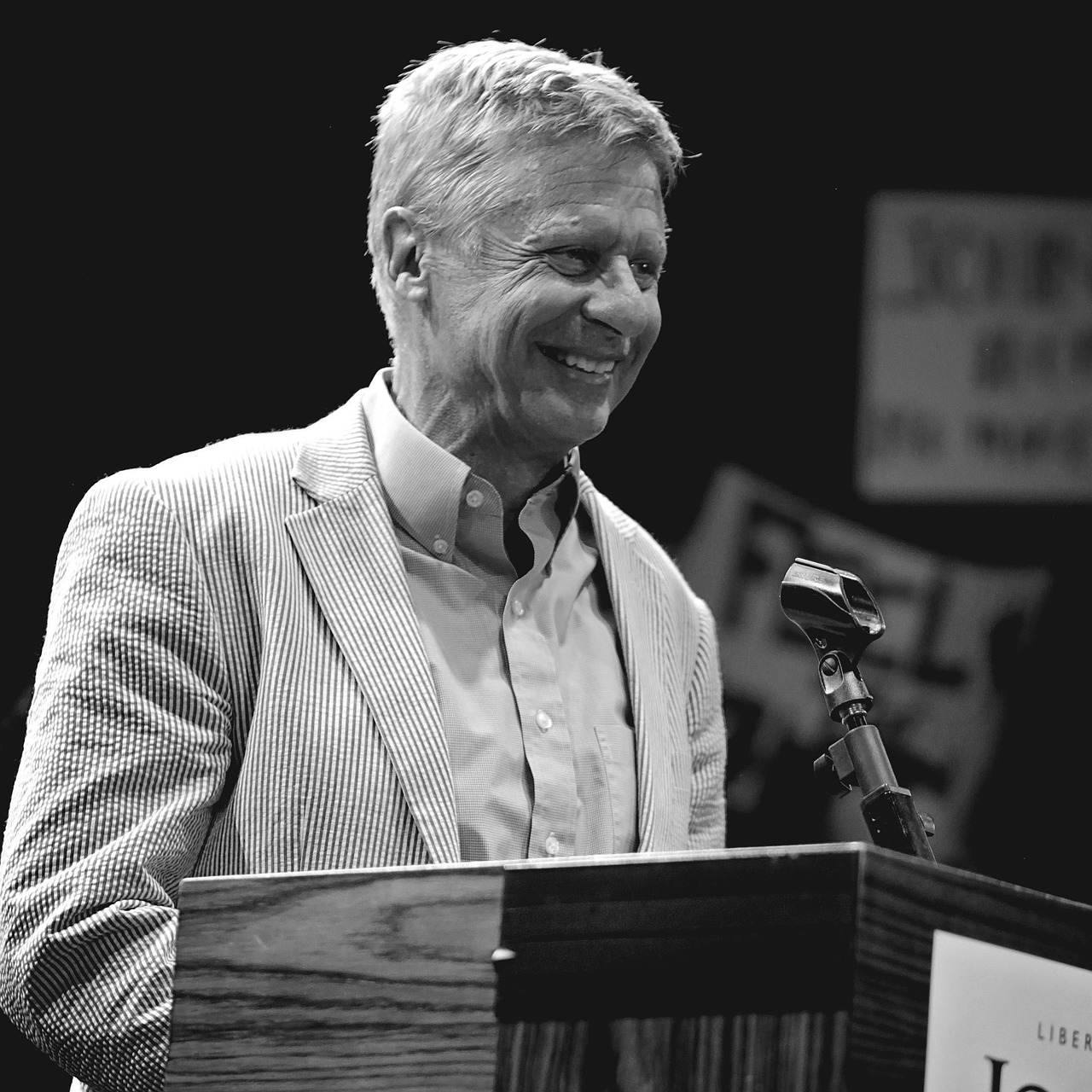
Libertarian Views on Equality
When we dive into the world of libertarianism, we encounter a perspective that often stands in stark contrast to more collectivist ideologies. Libertarians champion the idea of individual freedom and personal responsibility, placing a high value on the rights of the individual over the demands of the collective. This philosophy raises some intriguing questions about the nature of equality. Is equality something that should be enforced, or is it a natural consequence of allowing individuals the freedom to pursue their own paths?
At the core of libertarian thought lies the belief that each person should have the right to make choices about their own life without undue interference from the government or society. This leads to a particular interpretation of equality—often termed equality of opportunity rather than equality of outcome. Libertarians argue that as long as everyone has the same chance to succeed and the same legal rights, then inequality in outcomes is not inherently unjust. This perspective can be likened to a race where every participant starts from the same starting line; how they finish is up to their own abilities and efforts.
However, this viewpoint is not without its critics. Detractors argue that mere equality of opportunity does not account for the significant systemic barriers many individuals face, such as socioeconomic status, education, and discrimination. For instance, if a child is born into poverty, they may not have the same access to quality education or resources as a child from a wealthy family, thus skewing the race even before it begins. Libertarians often respond to this by advocating for a minimal state that provides a safety net but does not interfere in the market or redistribute wealth. They believe that the free market, if left unregulated, will naturally lead to better outcomes for everyone over time.
In practical terms, libertarians often support policies that reduce government intervention in the economy. They argue that free markets create wealth and opportunities, which can help lift individuals out of poverty. For instance, they might point to the tech boom in the United States as a result of entrepreneurial freedom, which has led to significant advancements and wealth creation. However, this perspective raises further questions: Does the market always operate fairly? Are there not cases where the rich get richer, and the poor remain trapped in a cycle of poverty?
To illustrate the libertarian stance on equality, consider the following table that outlines the key differences between libertarian views and more collectivist approaches:
| Aspect | Libertarian Views | Collectivist Views |
|---|---|---|
| Focus | Individual rights and freedoms | Collective welfare and equality |
| Equality Type | Equality of opportunity | Equality of outcome |
| Role of Government | Minimal intervention | Active role in redistribution |
| Market View | Free market leads to prosperity | Market can perpetuate inequality |
Ultimately, the libertarian view on equality emphasizes the importance of individual liberty as the cornerstone of a just society. While this philosophy advocates for a system where everyone has the right to pursue their own happiness, it also raises critical discussions about the realities of inequality and the role of government in addressing these issues. As we navigate these complex waters, it's essential to ask ourselves: Can true equality exist in a society that prioritizes individual freedom?
- What is the main belief of libertarians regarding equality? Libertarians believe in equality of opportunity, where everyone has the same chances to succeed, rather than equality of outcome.
- How do libertarians view government intervention? Libertarians typically advocate for minimal government intervention, arguing that a free market leads to better outcomes for society.
- What are some critiques of libertarian views on equality? Critics argue that libertarianism does not adequately address systemic inequalities that prevent true equality of opportunity.
- Can libertarianism support social justice? While libertarians support individual rights, they often believe that social justice should arise organically from a free society rather than through government mandates.

Global Perspectives on Inequality
When we talk about inequality, it's essential to recognize that this issue isn't just a local or national problem; it's a global phenomenon that affects millions of lives across the world. Inequality manifests in various forms, including economic disparity, social injustice, and access to basic human rights. While some nations thrive with wealth and opportunities, others struggle with extreme poverty and systemic discrimination. The differences in how societies perceive and address inequality can be as vast as the geographical distances between them.
In many developed countries, inequality is often viewed through the lens of income and wealth distribution. For instance, the gap between the rich and the poor has widened significantly in the United States, leading to heated debates about tax policies, minimum wage laws, and social safety nets. Conversely, in developing nations, inequality may be more pronounced in terms of access to education, healthcare, and employment opportunities. In these contexts, the struggle for equality often involves grassroots movements advocating for basic rights and resources.
Moreover, cultural perspectives on inequality greatly influence how societies respond to these issues. In some cultures, communal values may prioritize collective well-being over individual success, leading to different approaches in addressing inequality. For instance, countries like Sweden and Norway have adopted social democratic models that emphasize wealth redistribution and universal welfare, aiming to minimize economic disparities through comprehensive social programs. In contrast, nations with more individualistic cultures may focus on personal responsibility and entrepreneurship, often resulting in higher levels of inequality.
To illustrate the global disparity in addressing inequality, consider the following table that highlights key statistics from various regions:
| Region | Gini Coefficient (2021) | Poverty Rate (%) | Unemployment Rate (%) |
|---|---|---|---|
| North America | 0.39 | 10.5 | 5.8 |
| Europe | 0.30 | 7.5 | 6.2 |
| Latin America | 0.45 | 30.0 | 10.0 |
| Sub-Saharan Africa | 0.47 | 41.0 | 12.5 |
This table highlights the stark contrast in inequality levels across different regions. The Gini coefficient, which measures income inequality on a scale from 0 (perfect equality) to 1 (perfect inequality), reveals that Latin America and Sub-Saharan Africa face significantly higher inequality than North America and Europe. This disparity is further compounded by high poverty and unemployment rates in these regions, illustrating the complex web of challenges that contribute to global inequality.
In addition to economic factors, social inequalities based on race, ethnicity, gender, and sexual orientation also play a crucial role in shaping global perspectives on inequality. For example, indigenous populations in various countries often experience systemic marginalization, resulting in limited access to education, healthcare, and employment opportunities. Similarly, women and LGBTQ+ individuals frequently face discrimination that exacerbates existing inequalities. Understanding these intersecting factors is vital to addressing the root causes of inequality and promoting a more just society.
In conclusion, global perspectives on inequality are shaped by a myriad of factors, including economic conditions, cultural values, and social dynamics. As we navigate the complexities of this issue, it is crucial to foster international dialogue and collaboration to develop effective solutions that promote equality and justice for all. After all, in a world that is increasingly interconnected, addressing inequality is not just a local concern; it's a shared responsibility.
- What is the Gini coefficient? The Gini coefficient is a statistical measure of income inequality within a nation, ranging from 0 to 1.
- How does inequality affect social stability? High levels of inequality can lead to social unrest, decreased social cohesion, and increased crime rates.
- What are some solutions to global inequality? Solutions may include improved access to education, healthcare, fair wages, and social safety nets.
- How can individuals contribute to reducing inequality? Individuals can advocate for policy changes, support local businesses, and engage in community service to help address inequality.

Philosophy of Human Rights
The serves as a foundational pillar in our understanding of equality and justice across the globe. It grapples with the idea that every individual, by virtue of being human, possesses certain inalienable rights that must be respected and protected. But what does this really mean? Imagine a world where every person, regardless of their background, has the same rights to freedom, dignity, and opportunity. This vision is not just a lofty ideal; it’s a principle that has been fought for and articulated through various philosophical lenses.
Historically, the concept of human rights has evolved significantly. From the ancient philosophies of Aristotle and Cicero, who discussed natural law and the inherent dignity of individuals, to the Enlightenment thinkers like John Locke, who championed the idea of life, liberty, and property, the groundwork for modern human rights was laid. These thinkers argued that rights are not merely privileges granted by governments but are fundamental entitlements that every person possesses.
In contemporary discourse, the Universal Declaration of Human Rights (UDHR), adopted by the United Nations in 1948, represents a monumental step in recognizing and codifying these rights on a global scale. The UDHR outlines a broad range of rights, including civil, political, economic, social, and cultural rights. It serves as a reminder that the fight for equality is ongoing and that disparities still exist, often rooted in systemic inequalities.
One of the key philosophical debates surrounding human rights is the tension between universalism and cultural relativism. Universalists argue that human rights are applicable to all individuals, regardless of cultural context, while cultural relativists contend that rights should be interpreted within the framework of specific cultural norms and values. This debate raises crucial questions: Can we truly claim that certain rights are universal? How do we balance respect for cultural diversity with the need to uphold fundamental human rights?
Moreover, the philosophy of human rights intersects with various social justice movements, including those advocating for racial equality, gender equality, and economic justice. Each of these movements highlights the importance of recognizing and addressing the unique forms of inequality that exist within society. For instance, the feminist movement has emphasized the need for gender-specific rights, arguing that traditional human rights frameworks often overlook the unique challenges faced by women.
As we look to the future, the philosophy of human rights continues to evolve, especially in response to emerging global challenges. Issues such as climate change, technological advancements, and global migration pose new questions about the scope and application of human rights. For example, as technology advances, how do we ensure that individuals' rights to privacy and freedom of expression are protected in the digital age? These questions are not just theoretical; they impact real lives and require thoughtful consideration and action.
In conclusion, the philosophy of human rights is a dynamic and essential field that shapes our understanding of equality and justice. It compels us to reflect on the fundamental rights we all share and challenges us to confront the inequalities that persist in our societies. As we engage in this discourse, we must remember that the fight for human rights is a collective effort, one that requires vigilance, advocacy, and a commitment to ensuring that every individual’s rights are recognized and respected.
- What are human rights? Human rights are the basic rights and freedoms that belong to every person in the world, from birth until death.
- Why are human rights important? They are essential for ensuring dignity, freedom, and justice for all individuals, regardless of their background.
- How do human rights relate to equality? Human rights are intrinsically linked to the concept of equality; they assert that everyone is entitled to the same rights and protections under the law.
- What challenges do human rights face today? Human rights today face challenges from political oppression, economic inequality, and cultural conflicts, among others.
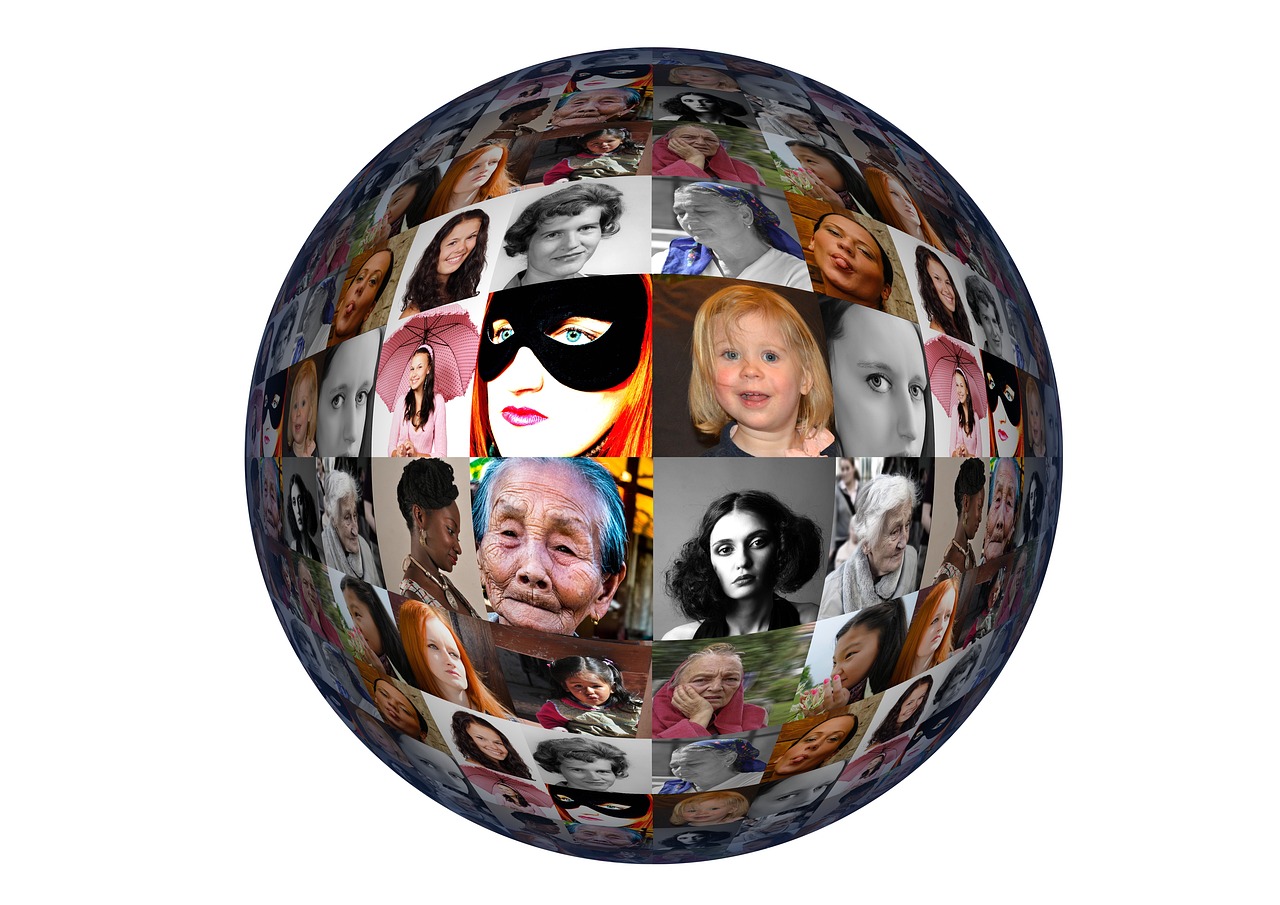
Future Directions in Equality Discourse
The landscape of equality is ever-evolving, and as we gaze into the future, several exciting directions emerge that could reshape our understanding and implementation of equality in society. One of the most significant trends is the intersection of technology and equality. With the rise of artificial intelligence, machine learning, and big data, we find ourselves at a crossroads. Will technology serve as a bridge to greater equality, or will it deepen existing divides? For instance, algorithms that dictate job opportunities or loan approvals can either promote fairness or perpetuate bias, depending on how they are designed and implemented.
Moreover, the rise of digital activism is transforming how we engage with issues of inequality. Social media platforms have become powerful tools for mobilizing communities and raising awareness about injustices. This democratization of information allows voices that were previously marginalized to be heard, fostering a collective consciousness around issues that matter. However, this also raises questions about the authenticity of online activism—can a hashtag truly effect change, or is it merely a fleeting trend?
Another critical area of focus is the evolving understanding of intersectionality. As we delve deeper into the complexities of identity, we recognize that experiences of inequality are not monolithic. Factors such as race, gender, sexuality, and socioeconomic status intersect to create unique challenges for individuals. The future discourse on equality must embrace this complexity, ensuring that policies and frameworks are inclusive and responsive to diverse experiences. This means moving beyond one-size-fits-all solutions and adopting a more nuanced approach that considers the multifaceted nature of human existence.
Furthermore, the global context cannot be ignored. Inequality is a pressing issue not just in affluent countries but also in developing nations. As we strive for a more equitable world, international cooperation and solidarity are essential. Global initiatives aimed at addressing poverty, climate change, and human rights violations must prioritize equality as a fundamental principle. The challenge lies in balancing local needs with global responsibilities, ensuring that efforts to promote equality are both effective and culturally sensitive.
Lastly, we must consider the role of education in fostering a culture of equality. Education can be a powerful equalizer, yet access to quality education remains uneven across different demographics. Future discussions should focus on innovative educational models that prioritize inclusivity and accessibility. This includes embracing technology in education, promoting critical thinking, and encouraging civic engagement among young people. By equipping future generations with the tools they need to challenge inequality, we can pave the way for a more just society.
As we look ahead, the discourse on equality will undoubtedly be shaped by these emerging trends. It is crucial for philosophers, policymakers, and activists to engage in ongoing dialogue, ensuring that the principles of equality remain at the forefront of societal progress. By embracing complexity, fostering inclusivity, and leveraging the power of technology, we can work towards a future where equality is not just an aspiration but a reality for all.
- What is intersectionality in the context of equality? Intersectionality refers to the way various forms of inequality and discrimination intersect and affect individuals differently based on their unique identities.
- How can technology promote equality? Technology can promote equality by improving access to information, creating platforms for marginalized voices, and providing innovative solutions to societal challenges.
- Why is education important for achieving equality? Education is vital for achieving equality as it empowers individuals with knowledge and skills, enabling them to challenge systemic inequalities and advocate for their rights.
- What role does global cooperation play in addressing inequality? Global cooperation is essential for addressing inequality as many issues, such as poverty and climate change, transcend borders and require collective action for effective solutions.
Frequently Asked Questions
- What are the key philosophical theories that address equality?
There are several philosophical theories that tackle the concept of equality. Key among them are Utilitarianism, which focuses on maximizing overall happiness; John Rawls' Theory of Justice, which emphasizes fairness and the difference principle; and Marxism, which critiques capitalism and addresses class inequalities. Each of these theories provides a unique lens through which to view social justice and equality.
- How has history influenced contemporary views on equality?
Historical events, such as the Enlightenment and various civil rights movements, have significantly shaped our current understanding of equality. Enlightenment thinkers championed reason and individual rights, laying the groundwork for modern democratic ideals. Civil rights movements have further highlighted the importance of equality, pushing for social change and legal reforms that address systemic injustices.
- What is Rawls' difference principle?
John Rawls' difference principle is a key component of his Theory of Justice. It posits that social and economic inequalities are acceptable only if they benefit the least advantaged members of society. This principle aims to ensure that any disparities contribute to improving the situation of those who are worse off, promoting a fairer distribution of resources.
- How do feminist theories contribute to the understanding of equality?
Feminist theories highlight the importance of gender equality and the need to address disparities that affect women and marginalized groups. They emphasize the concept of intersectionality, which recognizes that various social identities (like race, class, and gender) intersect to create unique experiences of inequality. This approach broadens the discourse on equality and informs policies aimed at achieving justice for all.
- What are libertarian views on equality?
Libertarian perspectives prioritize individual freedom and property rights, often challenging collective notions of equality. Libertarians argue that equality should focus on equal treatment under the law rather than equal outcomes. They believe that government intervention can hinder personal liberties and that social equity should arise naturally from free market interactions.
- How do global perspectives shape our understanding of inequality?
Global perspectives on inequality vary widely, influenced by cultural, economic, and political contexts. Different societies may prioritize various issues, such as poverty, discrimination, or human rights, in their approach to addressing inequality. Understanding these diverse viewpoints is crucial for developing comprehensive strategies to combat global inequalities.
- What role do human rights play in the philosophy of equality?
The philosophy of equality is deeply intertwined with human rights frameworks. Philosophical concepts of equality provide the foundation for human rights, asserting that all individuals deserve equal treatment and opportunities. These rights are essential in combating inequality and ensuring that everyone has access to basic freedoms and protections.
- What are some emerging trends in the discourse on equality?
Emerging trends in the philosophy of equality include discussions around the impact of technology on social justice. Issues like digital inequality and the implications of artificial intelligence on employment and resource distribution are becoming increasingly relevant. These trends challenge traditional notions of equality and encourage new debates about equity in a rapidly changing world.

